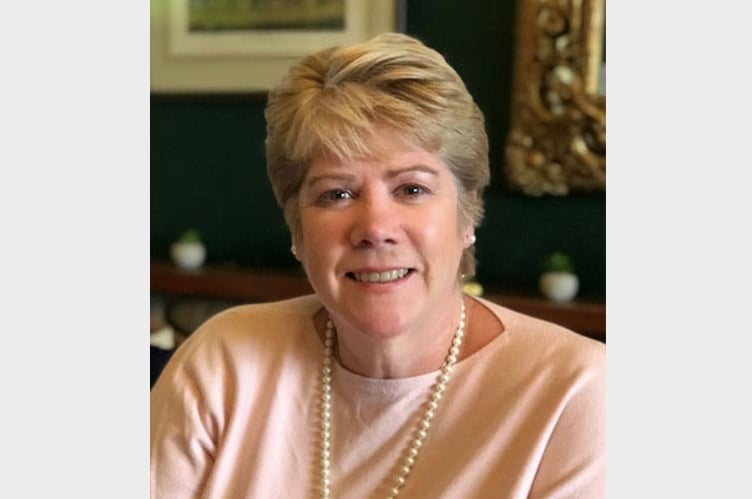DEVON County Council is eyeing up a combined increase of more than £40 million in funding for children and young people’s services and adult social care as it makes small cuts to spending in other areas.

New figures show that the County Council is considering raising spending on children and young people’s services by £21.5 million, or 10 per cent, and by £20.5 million in adult social care – a six per cent rise – in the financial year beginning in April.
However, part of the respective rises cover inflation and the increase in the national living wage.
Elsewhere, the council is considering cutting more than £1.3 million (2.3 per cent) from its corporate services budget, while a 3.5 per cent drop in funding for the public health, communities and prosperity service – equivalent to £755,000 – is also suggested.
But it has pencilled in a £3.8 million rise in climate change, environment and transport spending, a 4.7 per cent rise on this year’s levels.
The figures will be discussed at the council's cabinet meeting on Wednesday, January 10.
The draft budget will then return to cabinet twice more, as well as being put in front of various scrutiny committees and other interested parties, such as unions, before a full council meeting next month where approval will be sought from councillors.
As it stands, the proposed changes to departmental budgets mean a rise in spending of £44 million (6.3 per cent) compared to the current levels, meaning the authority expects to spend £743 million in the 2024/25 financial year.
In a new report, Devon’s director of finance, Angie Sinclair, said inflationary pressures “continue to be felt across the economy, local government and our partners”.
“Social care is particularly impacted by increases to the national living wage,” she said.
The 9.8 per cent increase in the national living wage announced by the government last year means an additional £26 million has had to be added to the target budget to cover the cost, councillors will hear.
“Despite the rate of inflation falling in recent months, the impact of inflation on the cost of living, business and service delivery costs places sustained financial pressures nationally and this contributes to the ongoing impact in terms of price and demand pressures on the authority’s budget,” she added.
“This is reflected in the proposed target budgets with investment of £48.5 million to cover inflation and the national living wage, plus £44.9 million to cover demand and other spending pressures and priorities.”
Local authorities are legally obliged to set a balanced budget, and Ms Sinclair stated that savings, alternative funding, and additional income of £50 million had been identified to help it achieve this.
“It is not planned to support the proposed budget targets by using general reserve balances,” she said.
“This reflects a strategy of ‘living within our means’ and, as such, to set service budgets that are affordable within anticipated income and funding totals for next year.”
Bradley Gerrard
LDRS





Comments
This article has no comments yet. Be the first to leave a comment.